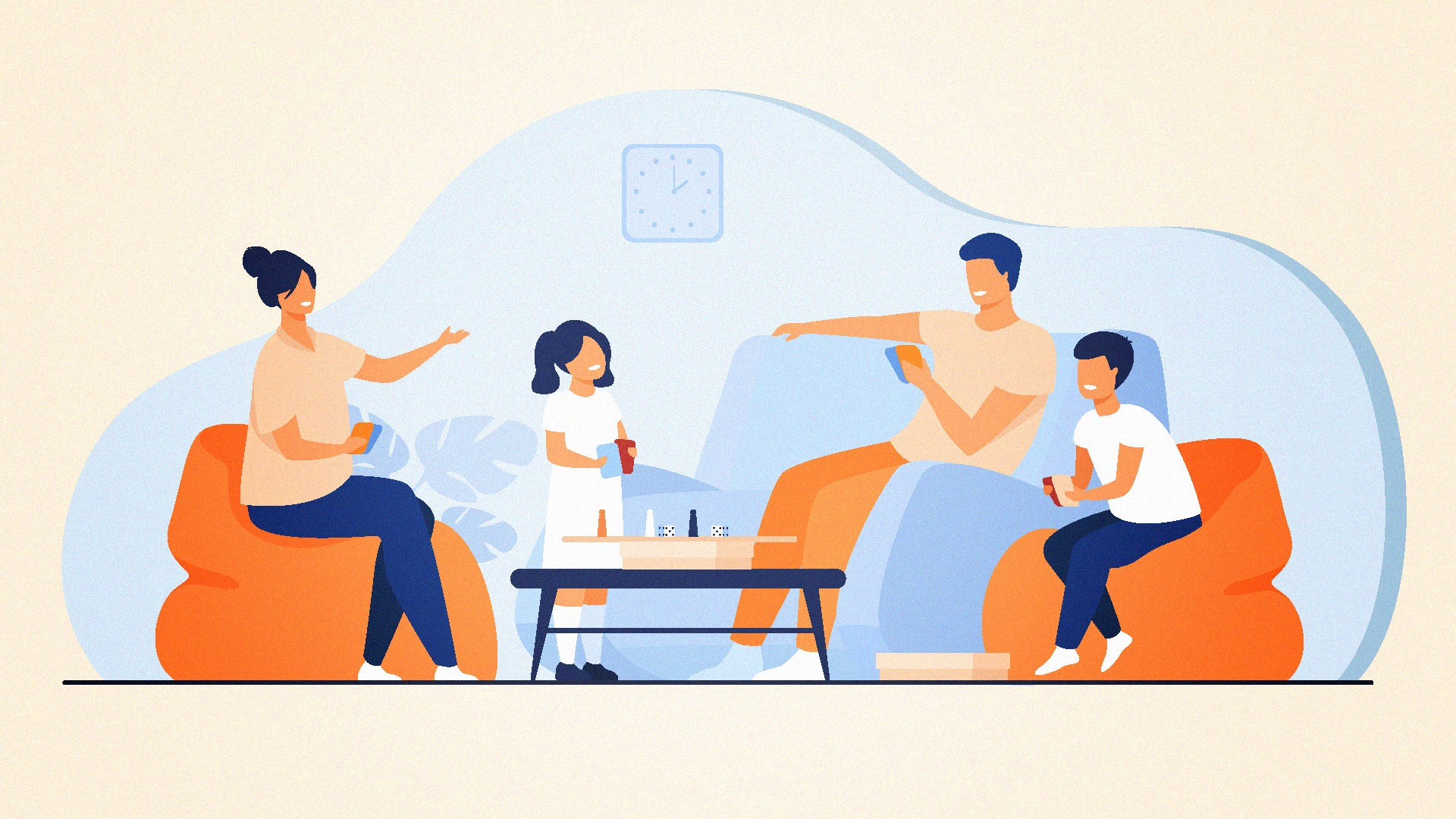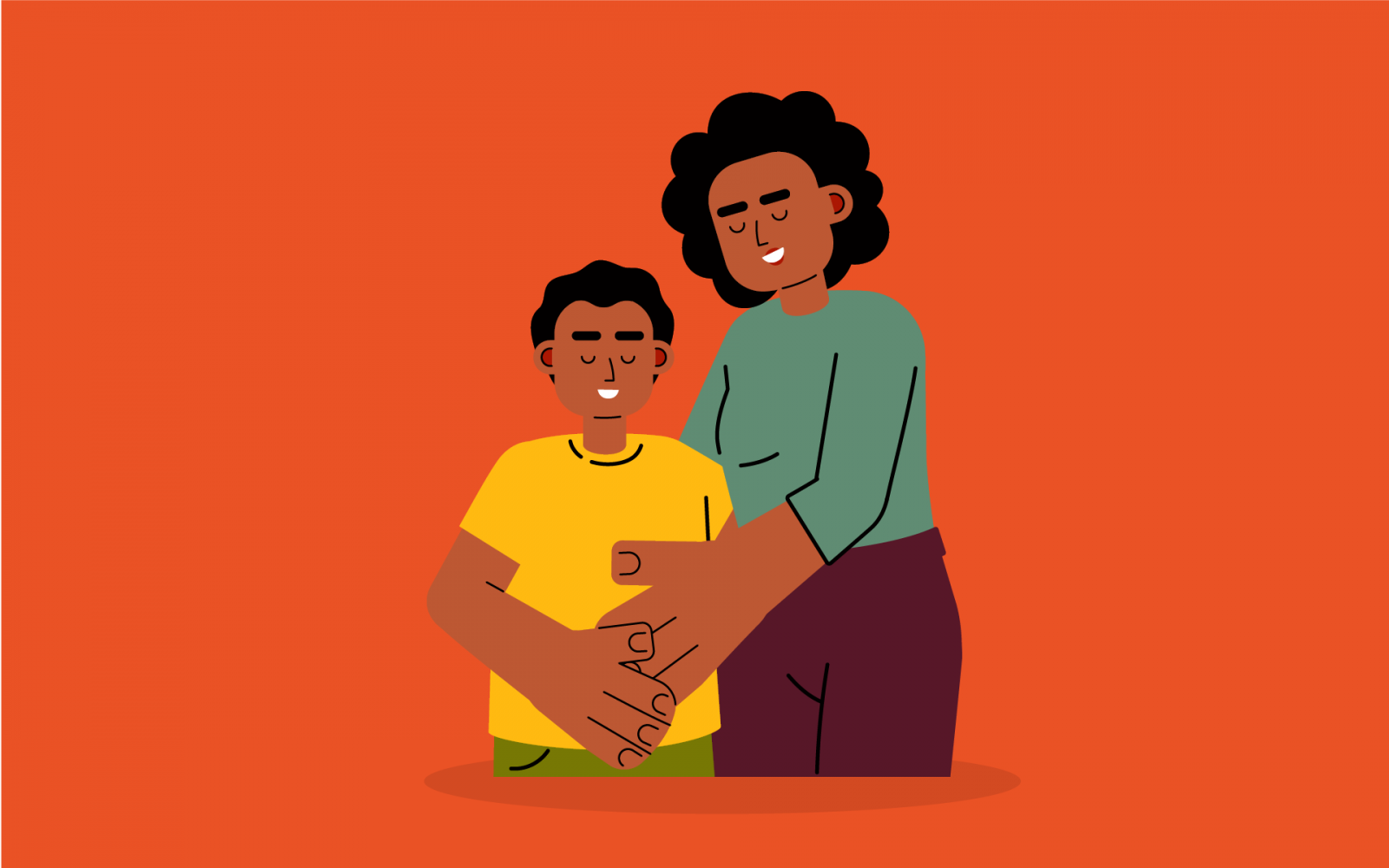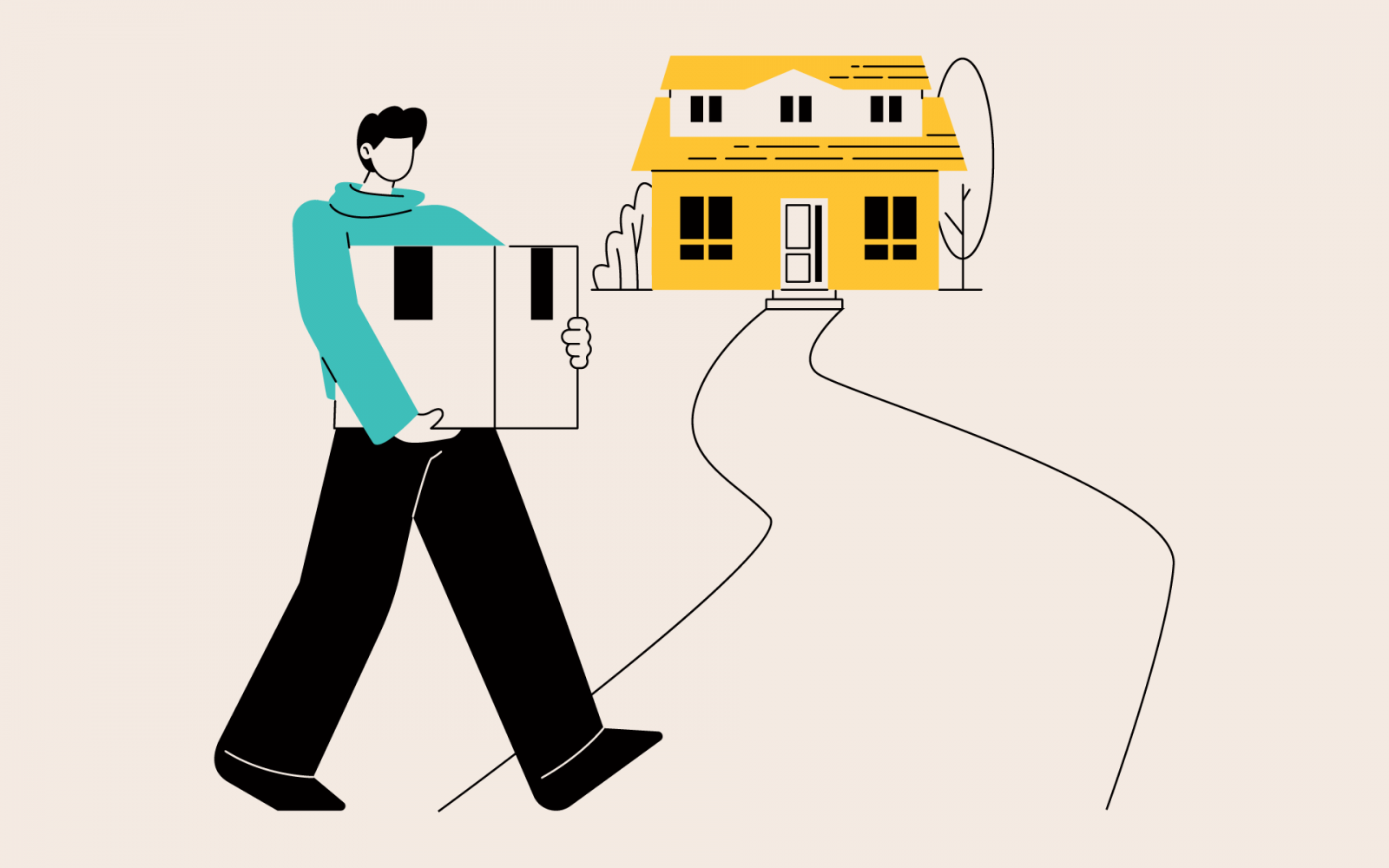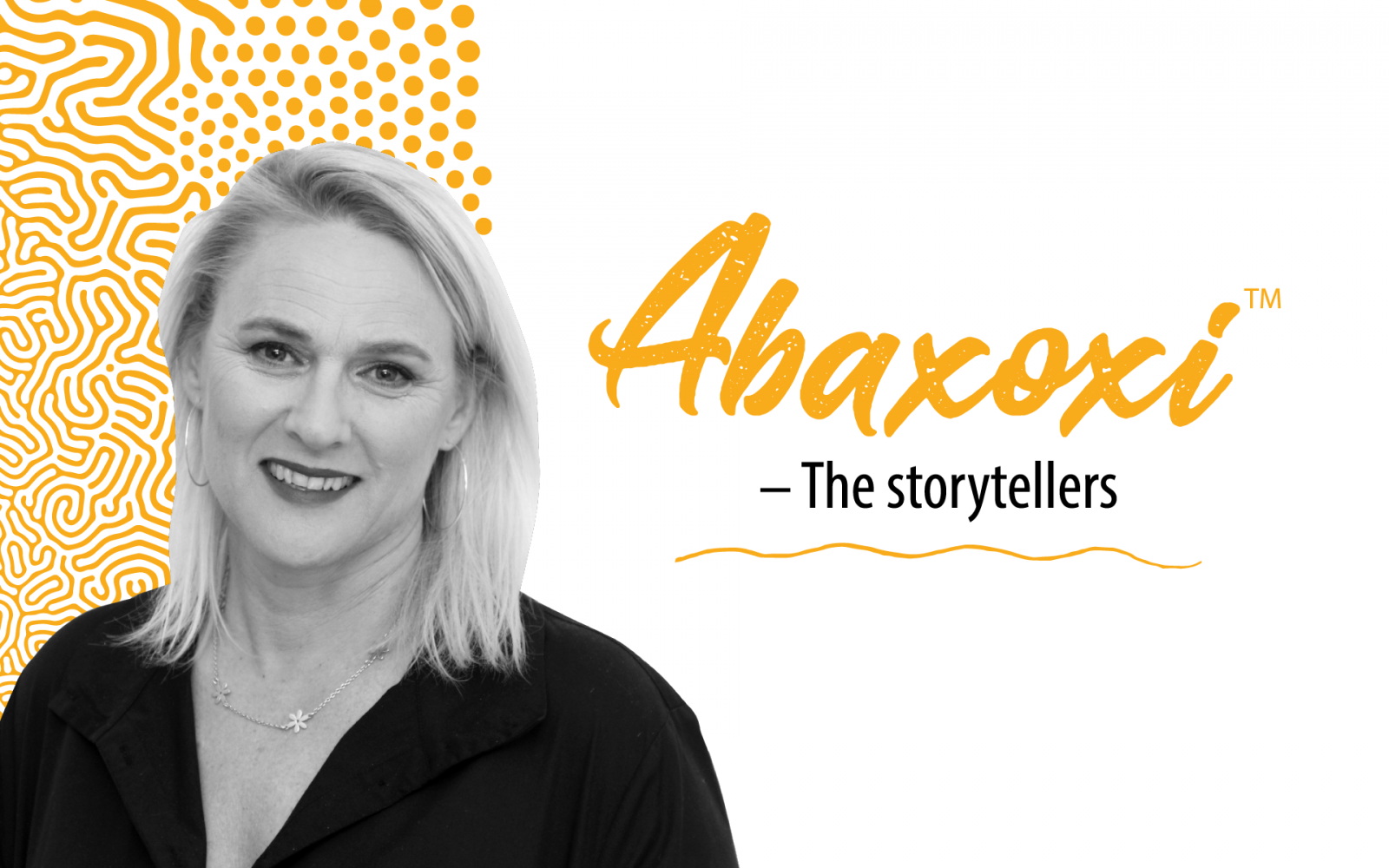Life changes for the better when you play it as a game

It’s even more fun if you make up the rules as you go along.
It’s even more fun if you make up the rules as you go along
Perhaps it started on my bicycle on the way back home from primary school, weaving between the splotches on the pavement.
I imagined that if I managed to avoid them, perhaps my steamy art teacher would pull me by my school tie into the darkened art supply room and relieve me of my innocence.
Yes, I know. Unfortunately, it didn’t happen.
I realise I’ve been playing games all my life, and that they’ve worked for me in many ways. In high school, I imagined my exams as games of cricket, where each question presented itself as a ball bowled to me.
How many runs would I score? How many did I need? Should I take a quick single and keep the strike for a big question over the page? And thus, I never felt much anxiety about matric.
Later, in one of my first proper jobs, I was a primary school teacher in a ‘special needs’ classroom. Here I found that enlisting or sometimes inventing a game with the help of my class could transport the often frustrated learners into a joyful play of skills and ideas.
Why not teach photosynthesis as a role play? Who wants to be a sunbeam and climb through the windows? Who wants to paint their face green and catch them?
The children would engage in complex tasks with ease, turning tricky reading and writing tasks into a distracting challenge.
We were often on the field with hockey sticks or soccer balls. Maths was sometimes learnt in the pool. The mainstream kids would apparently look longingly out of the window and ask their teachers if they couldn’t be in the special needs class. Because really, who doesn’t want to play?
Games, whether made up or picked up, have always had this magical ability to ignite my imagination. In my youth, I kept myself company for endless hours in imaginary contests with made up opponents with a wall, a ball, and a tennis racquet.
Entering a game, I suspend belief in reality, absorbed in rules and possibilities that yield sometimes absurd and even delightful results under mild pressure, as I am forced to make my move or take my turn.
A new game I like to play in the car with my daughter, when she’s in the mood, I’ll call ‘assassin’s bag’. It’s a variation on the category game, an old favourite, where participants list things in turn like hats (Panama, beanie, BMX helmet), types of dwelling (cave, mansion, cardboard box) or body parts (nose, tummy, boobs) until you cannot go or repeat something already said and are out.
Assassin’s bag is much more open-ended. We take turns to say what we might find in an assassin’s bag – a wig, a grappling hook, fake passport, car keys, poison, cigarettes, lipstick, a silk scarf (to strangle people with).
Gradually, we build an image of this character, constructing a fantasy figure together. I suppose you could also play it with a circus manager or a school principal, I’ve forgotten who else we’ve used.
The things my daughter has said one would find in the bag gives me an indication of the types of things she’s exposed to, and provides a kind of developmental barometer. They also give me an excuse to feign shock and indignation.
My son, on the other hand, likes chess. I find chess too complex for my short attention span, requiring too much planning. But playing with him has revealed a side to him I don’t often see.
He is proud of his meticulous ability here, absent in other parts of his life, where I might prefer to see it – in his approach to his studies, for example.
I see his steady accumulation of skill in action, and it makes me smile inside, allowing me to celebrate in him a kind of mental tenacity and flexibility I don’t possess much myself. We have a different kind of intelligence. Playing with him shows me who he is.
In our home, we have many card games, ready to be deployed at any moment. Living with my ex-wife, a highly regulated balancing act not without the benefits of familiarity and a mutual enjoyment of our children, sometimes requires a formalised or abstracted interaction.
Hence our recent ‘10-day Scrabble-a-thon’. The board, set up in the corner of the kitchen, would be visited by each of us in our own time. For days we see-sawed, managing to celebrate, and occasionally despair at each other’s efforts.
The game provided a boundary form of interaction, a healthy and playful competition. We can live in the same house, even playfully, in a way that works.
Games keep me young at heart and connect me to people around me. They’re good for my mental health. They take me away from myself and provide some respite to life’s other challenges.
This sense of distraction is useful, especially towards the end of a poverty-inducing year when I realise the only type of holiday I can afford is a holiday of the mind. That’s why I’ve joined my local tennis club. Playing there is a holiday of the very best kind.




